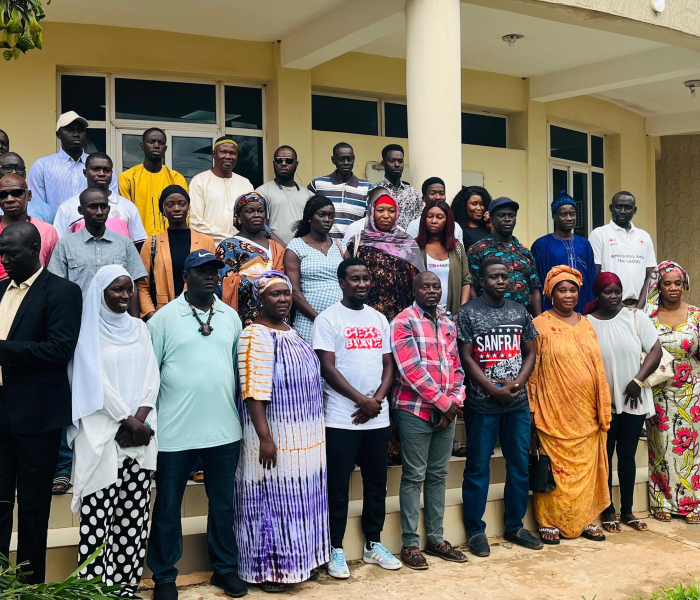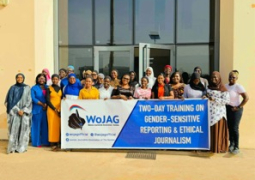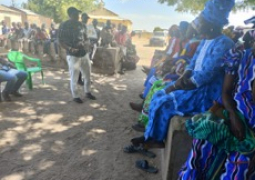
The initiative targets areas most susceptible to seasonal flooding and other climate-related disasters in nine vulnerable wards within the Kanifing Municipality and West Coast Region.
The training, aims to equip community leaders with the practical knowledge and tools needed to implement ward-level contingency plans developed last year with WACA support. These plans, designed to improve disaster preparedness and response, had until now remained largely underutilised.
Further, the training is divided into three batches, which will run until 15 of July, with 13 representatives from each ward participating. Facilitators from NDMA and the Gambia Red Cross Society are leading sessions on disaster coordination, communication, early warning systems, evacuation procedures, and recovery planning.
At the event, Bubacar Fofana, representing NDMA Director, reminded that having a disaster plan is good, but being able to operationalise it is what builds resilience.
‘We must not wait until lives are lost and homes are washed away to start preparing,” he explained.
Fofana reiterated that community-based approach reflects on national and international commitments under the Gambia Disaster Risk Management Policy 2024–2033 and the Sendai Framework for Disaster Risk Reduction.
“It also ensures that local actors are empowered to lead the charge in building safer, and more prepared neighborhoods.”
Isatou Camara, Community Service Unit at KMC, highlighted the importance of community ownership. “We are the first to witness the impact of disasters, and now we are being prepared to be the first to respond. This training is about saving lives, protecting homes, and safeguarding the dignity of our communities,” she said.
She made reference to the Gambia’s Department of Water Resources, which reveals that there is a 45% chance of above-normal rainfall this year, heightening the risk of flash floods and structural damage.
“Last year, over 800 households across KMC and WCR were affected by heavy rains and fire outbreaks, largely due to inadequate infrastructure, poor planning, and limited preparedness.
WACA project coordinator, Muhammed Leroy Gomez, highlighted the urgency of the training. “Flooding remains the most common hazard across our intervention sites. This training is part of a wider effort to ensure that these contingency plans are not just theoretical documents but are understood, owned, and activated at the community level,” he stated.





